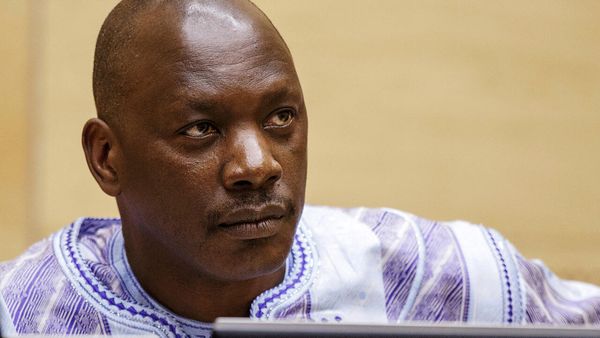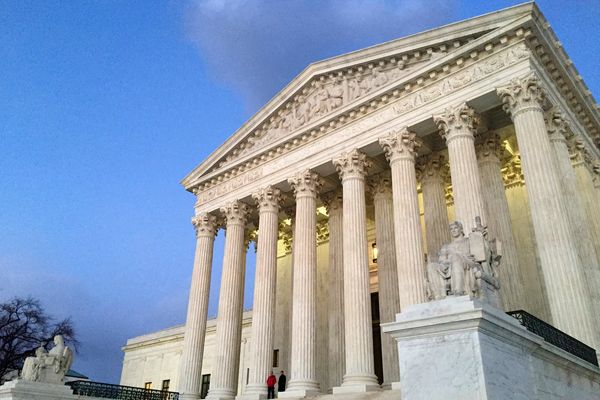
On Monday, the illegal migration bill returns to the House of Commons, and what is expected to be a grim game of legislative ping-pong with the House of Lords. Having made a handful of concessions this week, including adjusting the terms under which children and pregnant women can be detained, ministers claim to have reached their limit. Further amendments will be blocked.
It appears unlikely that rebels, including the former prime minister Theresa May, will exert sufficient pressure to force a rethink. Mrs May objects strongly to the removal of safeguards for migrants who claim they are victims of modern slavery. Under current rules, they are protected from deportation. If the bill passes, they will be able to avoid it only if the home secretary decides that a live investigation requires their cooperation. Mrs May and her supporters rightly point out that this would lead to trafficked people being deported back into the hands of traffickers.
Looming over this wrangling is the question of whether the government will reap the political gains it expects from a bill that seeks to make the UK a more hostile environment, above all for people who arrive in small boats. Last month, the court of appeal ruled against the plan to send asylum seekers to Rwanda, on the grounds that it is not a safe third country. In the autumn, the supreme court is expected to hear an appeal. But whatever view judges take about the deal with the Rwandan government, ministers are unlikely to give up asylum outsourcing as a policy objective.
This is because they are convinced that however sceptical voters are about the details – with polls showing a majority do not believe in the scheme’s deterrent effect – the principle is popular, particularly in the “red wall” seats that Labour needs to win at the next election. With public services on the verge of collapse and rampant price inflation, the government’s poor judgment and wrong priorities are everywhere to be seen. Political desperation, rather than a commitment to an effective policy, is driving Rishi Sunak. (The recent proposal from backbenchers to restrict visas for care workers is further evidence of his party’s immigration fixation.)
The government is not to blame for all the troubles in the world that drive people to flee their homes. There is a need for a fair process to enable refugees, who are legally entitled to stay here, to be distinguished from economic migrants. But the huge backlog of asylum claims, which stood at 166,000 at the end of last year, and has increased by more than 400% since 2017, is their responsibility. From both a moral and a practical point of view, the system has failed.
Robert Jenrick, the immigration minister, defended the UK’s record by pointing to the 550,000 people resettled here on humanitarian grounds since 2015. That is no excuse for treating new arrivals so inhumanely. In the Lords, Justin Welby, the archbishop of Canterbury, pleaded in vain for “profound long-term thought” as an alternative to divisive grandstanding. His amendment was rejected, along with one affirming the UK’s commitment to international conventions on human rights.
Ministers will continue to pretend their Rwanda project can end the challenge of cross-Channel migration, and the criminal gangs that profit from it. The truth is there are few policies that more clearly illustrate their unfitness to run this country.







